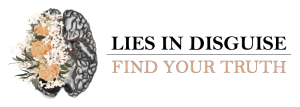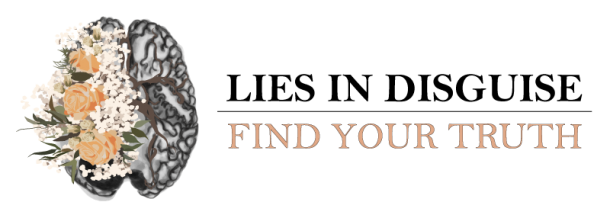I have come across many individuals (including myself at times) whom responded to situations in such a way that they appeared to be overreacting in comparison to the problem at hand. To an outsider looking in, the solution may seem obvious, but, to the person affected by their anxious thoughts – impossible.
Once the lower part of the brain – the survival brain – Is triggered, all rational thinking ability literally shuts down . . . But, what if you are living in that part of the brain – chronically in a state of fight, flight, freeze, fear or panic. The smallest tasks and/or choices, can seem like insurmountable obstacles and could leave you feeling helpless, defeated, and overwhelmed. (Who can think straight when they’re panicking?) This is where the idea comes in that people who are prone to negative thinking, can find a problem for every solution – i.e., a reason to stay stuck. Their brain does not have the capacity to think of any solutions –to problem solve. Options are therefore lost, and in an unhealthy ‘comfort’ zone, is where they reside.
This is where having a problem solving cheat sheet (see below) will be of benefit. Utilizing the questions on this sheet can promote the healthy coping strategy of self-talk. Self-talk is a way in which we can move out of lower brain thinking and upwards into the the more logical, reasoning part of the brain. With the repetitive use of this sheet, you may find these questions becoming an autonomic thought process and the sheet will no longer be necessary. You will have created a self-talk dialogue that can release you from the grips of ‘stuck’ thinking – and aid you in problem solving.
Problem solving questionnaire – Ask yourself:
- Is this a problem?
- Is it MY problem?
- How big is the problem?
- Is this problem inside, or outside of me?
- How badly could this problem effect me?
- How big is this problem compared to other problems in my life?
- How solvable is this problem?
- What resources, tools and assets do I posses for addressing this problem?
- Is it wiser, or riskier, to address this problem?
This list was created and shared with me by one of my teachers, and helped me cope with the demands of school and my own personal growth. I am now sharing it with you, in hopes that you find it helpful as well.
Warm regards,
Oriana
xo
Keep healing, keep growing, keep finding your truth.









Recent Comments